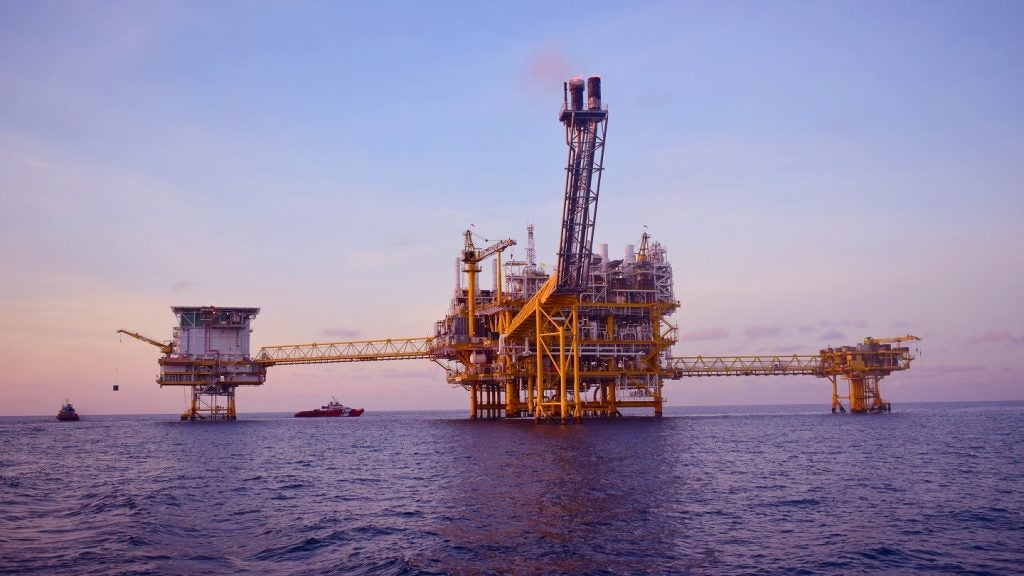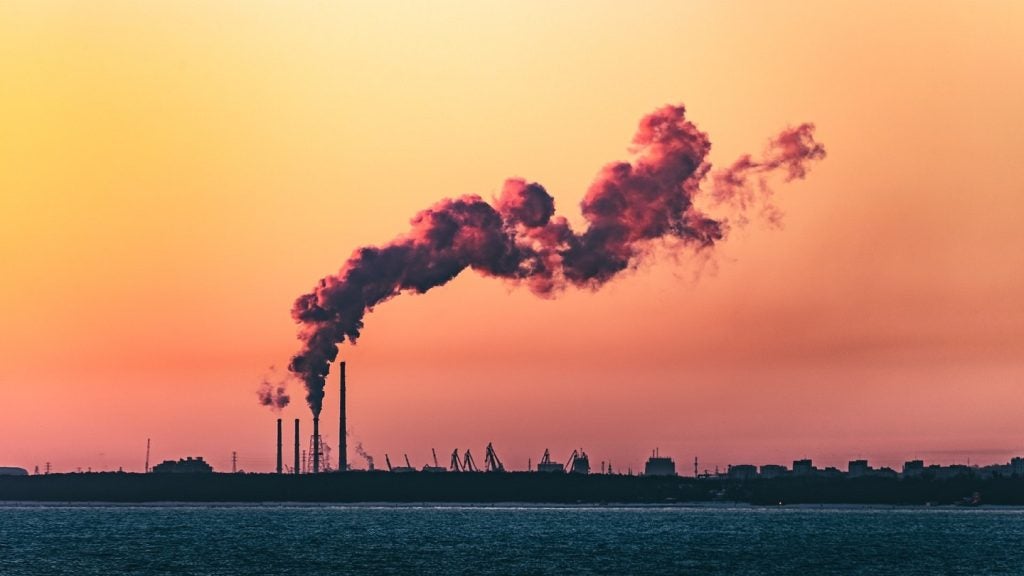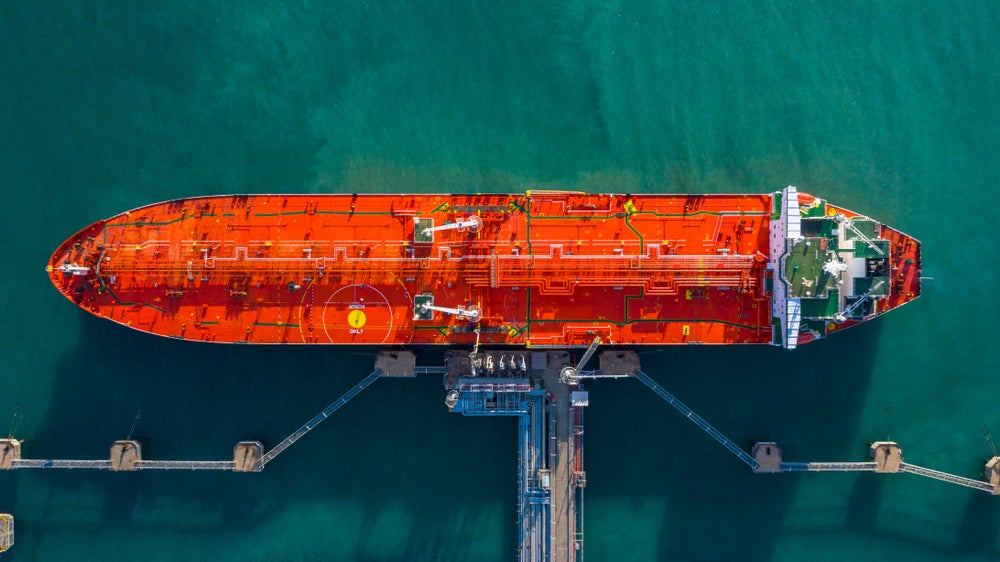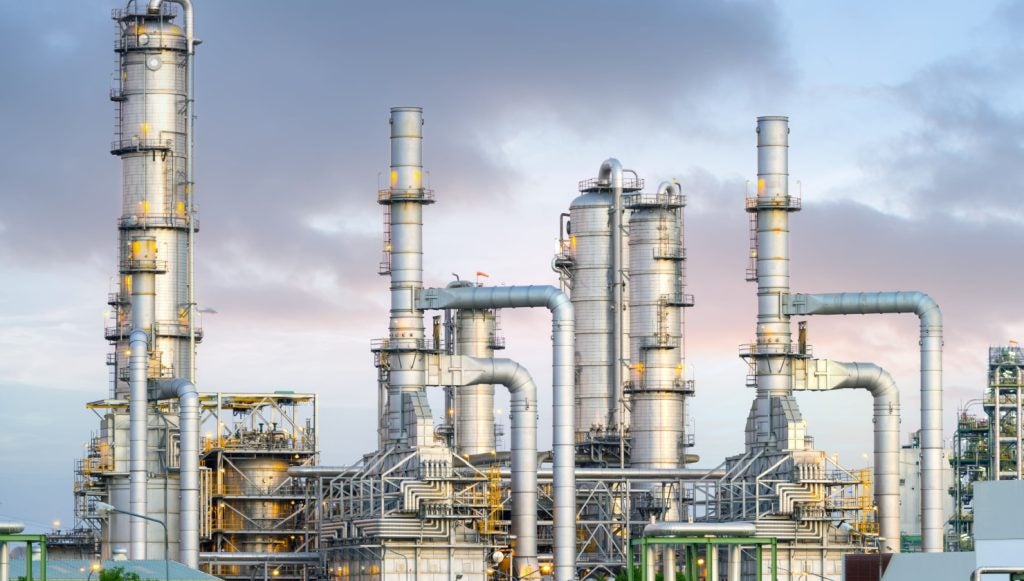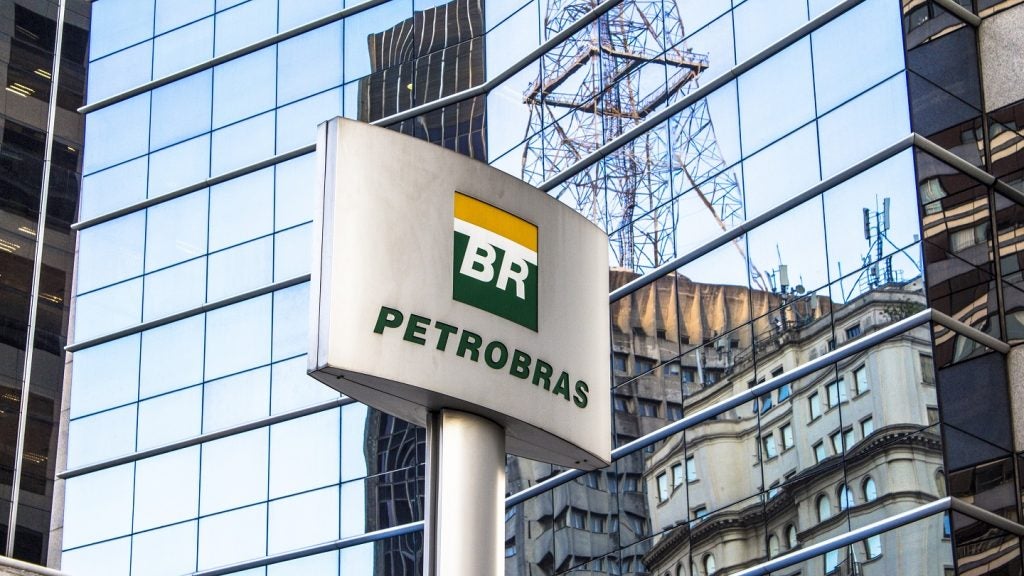BP has exited the Yakaar-Teranga natural gas field offshore Senegal after a disagreement with the local government, reported Bloomberg.
Senegalese Minister of Oil and Energy Antoine Félix Diome said bp wanted to export the gas from the field, but Senegal wanted it for domestic use.
“We did not agree with bp on the daily production capacity, on the commercial strategy or on the date of the first gas delivery,” Diome told the parliament.
“bp favoured exports, while we want to develop the gas for the domestic market.”
Yakaar-Teranga field, which was formerly operated by bp, is important to Senegal's gas-to-power plan to aid in reducing fuel prices and improving electrification in the West African country.
The UK-based oil and gas major exited its stake without receiving any "financial compensation", Diome noted.
Following bp’s exit, Kosmos Energy, a US-based company, has boosted its ownership of the gas field from 30% to 90%.
Eventually, Senegalese state-owned Petrosen aims to acquire the majority stake in Yakaar-Teranga, which is said to contain around 25 trillion cubic feet of gas reserves.
As opposed to bp's earlier target of 2028, Senegal aims to expedite the gas field's development to supply gas by 2026, Diome noted.
A bp representative did not answer calls or texts requesting comment outside business hours, reported the publication.
By the time production begins, Senegal is seeking a third partner to purchase a 34% share.
The first phase of the Yakaar-Teranga project is expected to have a production capacity of 150 million cubic feet per day of gas.
bp and Kosmos are also developing the Greater Tortue Ahmeyim (GTA) gas project, which spans the border between Senegal and Mauritania.
The second phase of the GTA project could begin production in 2024 or 2025 and will require an investment of around $5bn (CFA Fr3.1 trillion).


